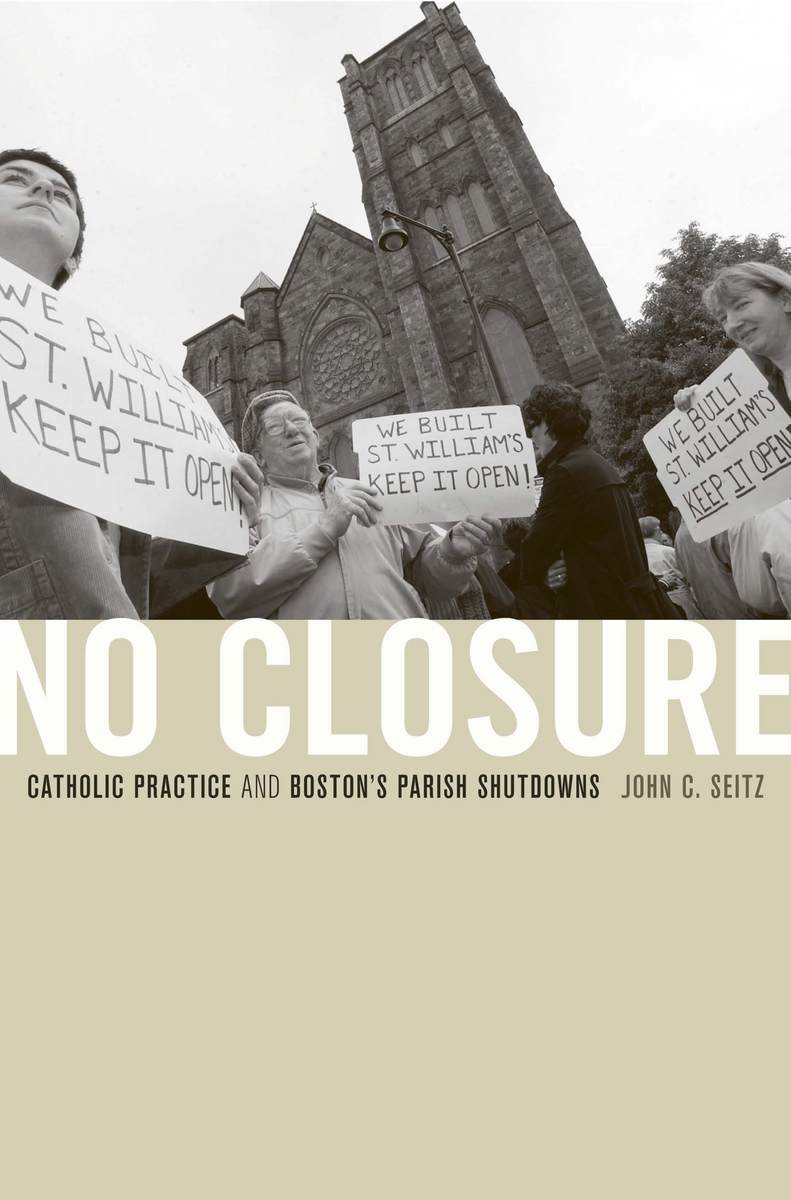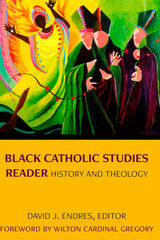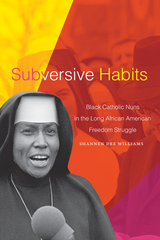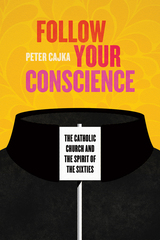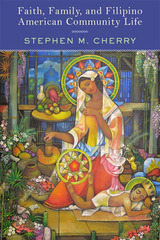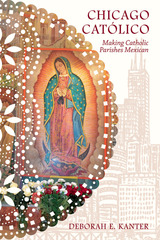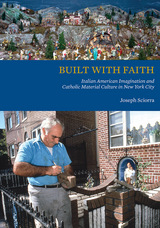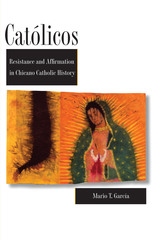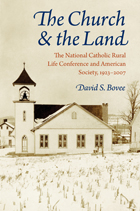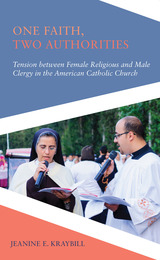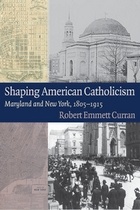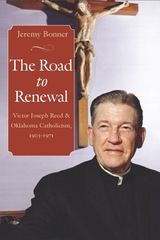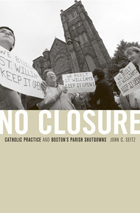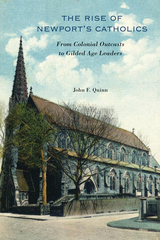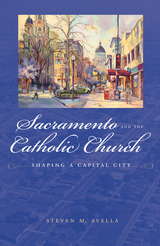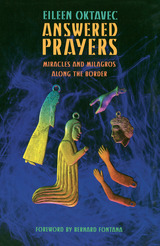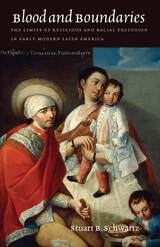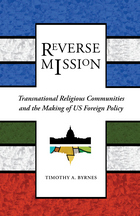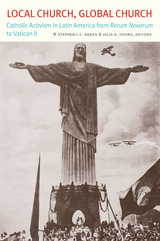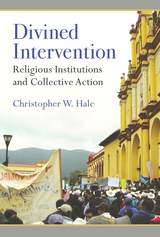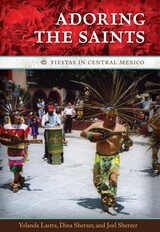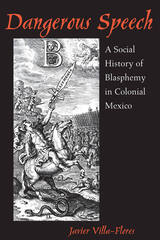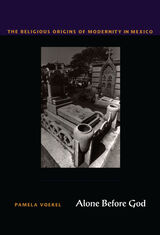A compelling ethnography. Seitz is present, but never overwhelms the voices and perspectives of the Catholics at the center of the story. A fine history of Boston's parishes and neighborhoods and a nuanced portrait of the complex legacy of the Second Vatican Council in modern Catholic life.
-- Amy Koehlinger, Florida State University
An invaluable ground-level record of a historic period for American Catholics.
-- Arthur McCaffrey Boston Globe
Seitz's No Closure: Catholic Practice and Boston's Parish Shutdowns is a sophisticated and nuanced analysis of occupying vigils in the Boston Archdiocese… Seitz situates the vigils in the context of Boston's religious, social and political history, including its long-standing racial and ethnic tensions… The book's greatest contribution is Seitz's reflective consideration of how resisters wrestled with, rejected or appropriated teachings around sacrifice, sacred presence, belonging and obedience to religious authority… It is impossible to read No Closure without wondering what could have been achieved, and what heartache avoided, if archdiocesan officials had listened to parishioners with the same empathy and desire for understanding that Seitz brought to his work.
-- Rachelle Linner Catholic News Service
Seitz portrays the complexity of lived religious identity among Boston's Catholics, and the difficulty of untangling official theology from memory and place. Students of American religion, and those wishing to see a superb example of sensitive ethnography, will find this book engaging and insightful.
-- A. W. Klink Choice
In spring 2004 the Archdiocese of Boston announced its plan to shut down (or 'suppress') eighty-two of its 357 parishes. While most of these closed relatively uneventfully, others were taken over and occupied by groups of 'resisters,' disgruntled parishioners who mobilized themselves to save their parishes by petitioning church leaders, garnering public support, and essentially keeping their churches open by dint of their presence (typically including all-night vigils). In his probing and thoughtful analysis, John Seitz tells the story of these parishioners, focusing especially on why and how they chose to resist church leaders as well as on what their activism might tell us about modern Catholicism… What on the surface might seem like a simple story (i.e., bishops v. resisters), Seitz never ceases to remind us, is actually fraught with complexity, nuance, and more than a little irony… Seitz has told a story that anyone interested in American Catholicism, as well as in the nexus of religious tradition and modernity more generally, should take time to read.
-- Jerome P. Baggett American Catholic Studies
Delving into the 'inner histories of resisting Catholics,' [Seitz] captures their personal struggles to make sense of their situation and justify their actions, and sees in their experiences a collective effort to discern the demands of faith. By exploring the 'relevant pasts' that conditioned their responses to the parish closures, Seitz convincingly demonstrates how resisting Catholics were engaged in much more than a lay revolt against church authority. Their decision to occupy their parishes was shaped by the parishes' earlier theological formation, which emphasized notions of sacrifice and stressed the inherent sacrality of church buildings and the objects they contained… In tracing the dynamics of these resistance efforts, Seitz challenges the notion that Catholics in the United States have, in the post–Vatican II era, marched steadily and unquestioningly toward an embrace of spiritual autonomy and desire for personal liberation from old strictures. In contrast, he shows resisting Catholics longing for stable community, finding meaning and comfort in old devotional practices, and looking for authoritative acceptance of their actions. The book makes a valuable contribution to our understanding of the theological tensions at the heart of the parish protests, as well as the ongoing negotiations between continuity and change that have defined contemporary Catholicism.
-- Thomas Rzeznik Journal of American History
John Seitz provides a fine, compact ethnographic study of the recent and current struggle in the Archdiocese of Boston between lay Catholics and the hierarchy, which since 2004 has attempted to close as many as 137 parishes. There, resisters occupied their targeted parishes by holding vigil services; staying round-the-clock inside church buildings; and keeping the archbishop on notice that they would not abandon their beloved parishes, even against threat of police intervention and arrest… Throughout the book he employs the dual themes of sacrifice and sacred presence to explore the rhetoric used by clergy and laity alike in their quests to achieve a certain actualization of 'the Church.' Is it the actual buildings, or the people who inhabit them? Has the logic of sacrifice on behalf of the Church lost its power of persuasion? …Participants and observers alike are left to wonder what has happened to Pope John XXIII's famous plea for the Catholic Church to use the 'medicine of mercy rather than that of severity' in its dealings with the modern world.
-- Paula Kane Catholic Historical Review
No Closure [is] a useful and absorbing study of a topic of immediate importance for pastoral and practical theologians and ecclesiologists interested in what the lives of local communities teach about the broader church. General readers will be engaged by the sweeping compass of the story, and specialists will find an invaluable trove of information, contextual detail, sociological insights, and tantalizing suggestions for further work, in a broad human setting often missed even in works of pastoral theology.
-- William A. Clark Theological Studies
One of the more significant achievements of this book is how Seitz connects the Boston experience to American Catholic history. His concentration in this realm is most apparent in discussing how Catholic laity understood the transformation of their role in the wake of Vatican II...No Closure makes an important statement about contemporary American Catholic life and the situation of the Church in the early 21st century...Seitz's research, analysis, and discussion are instructive and highly valuable...No Closure makes a significant contribution to American Catholic literature. Seitz has been fair and evenhanded in walking a difficult tightrope of impartiality. He is to be commended for his accomplishment in providing a balanced and instructive text on a significant and ongoing reality in the American Catholic Church.
-- Richard Gribble Church History
